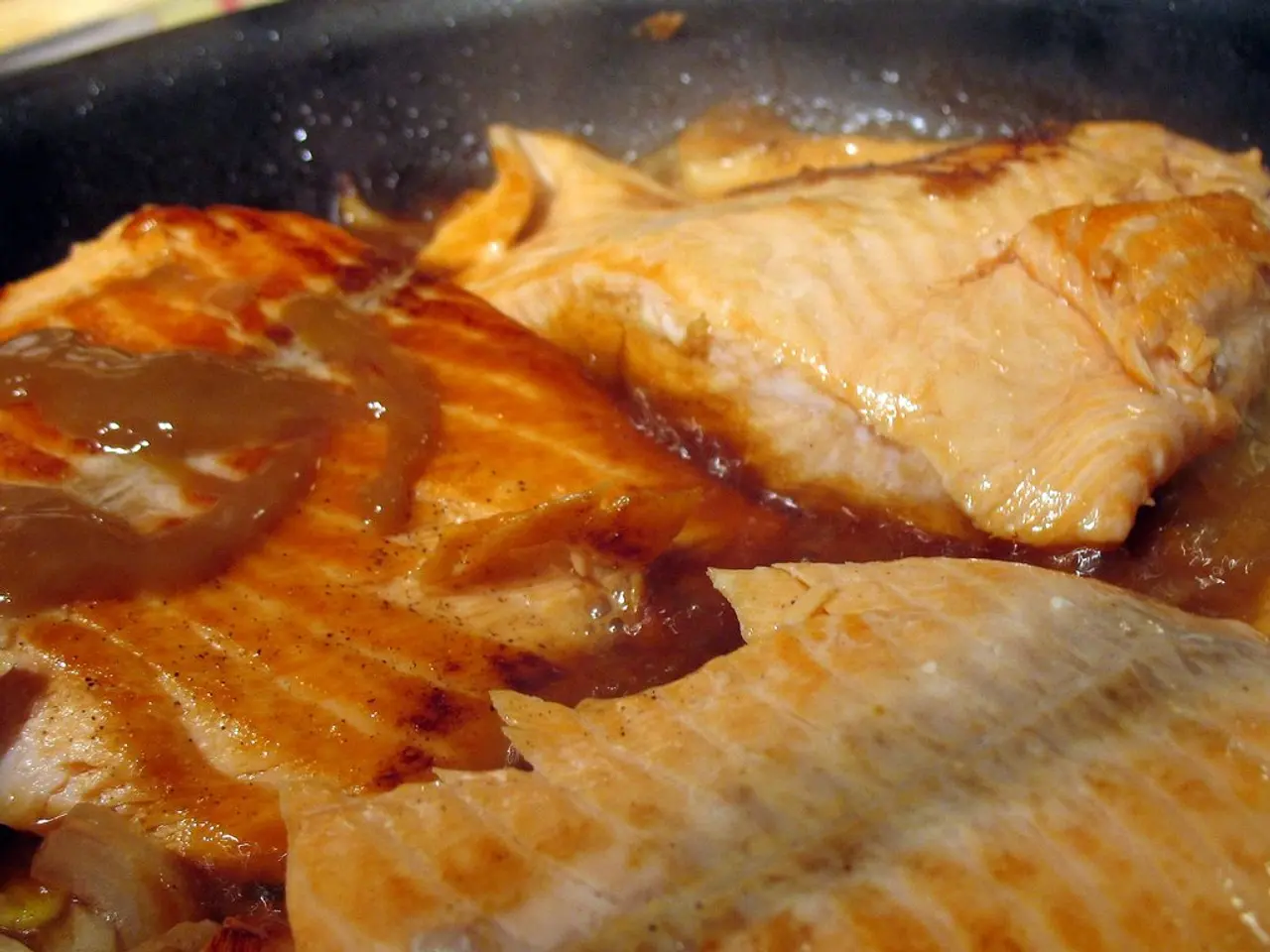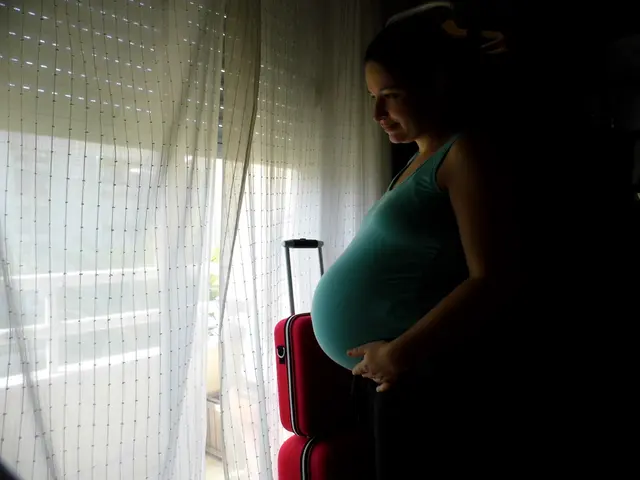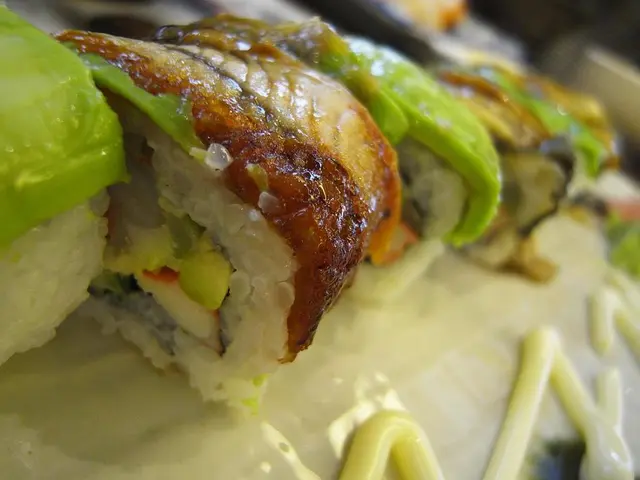Preparing Meat: Cooking Techniques, Freezing Guidelines, Essential Knowledge to Keep in Mind
In the kitchen, it's a common practice to wash raw meat and poultry before cooking, freezing, or marinating. However, a growing body of evidence suggests that this practice can be hazardous, leading to the spread of harmful bacteria such as Salmonella and Campylobacter.
Research shows that rinsing raw poultry can contaminate sinks and nearby areas up to three feet away, and even thorough attempts to clean afterward may not fully remove these bacteria. Washing meat does not effectively remove bacteria; the only reliable way to kill harmful bacteria is by cooking meat thoroughly to the appropriate internal temperature, such as 165°F for poultry.
The Department of Agriculture advises against washing meat or poultry before cooking, as it can cause bacteria present on the raw meat to splash onto kitchen surfaces, utensils, and your hands, leading to cross-contamination.
To ensure food safety, it's advisable to skip washing the meat entirely. Instead, handle it carefully to minimize drips and splashes. Good hygiene practices, such as washing your hands thoroughly with soap and warm water after handling raw meat, are essential. Immediately cleaning and sanitizing surfaces and utensils after contact with raw meat can also help prevent cross-contamination.
When it comes to marinating, always marinate meat in the refrigerator, not at room temperature, and never reuse marinade unless it has been boiled to kill bacteria. Using plastic bags while marinating meat can prevent cross-contamination.
It's important to note that Campylobacter, the leading cause of gastroenteritis globally, is present in the juices of raw meat and poultry. Infection with Campylobacter frequently causes diarrhea containing blood, stomach pain, fever, headaches, nausea, vomiting, and symptoms lasting for several days. Salmonella infections can be serious, particularly in those with a weakened immune system, older adults, and children under 5 years old.
Cooking meat and poultry at a high temperature (145°F) is enough to kill all bacteria. Storing food at a constant temperature of 0°F will preserve frozen meats indefinitely. Marinating meat safely for a couple of days in the refrigerator before cooking is possible.
In conclusion, washing raw meat before cooking, freezing, or marinating is potentially dangerous due to the risk of cross-contamination and the ineffectiveness in removing all bacteria. Adopting the alternatives mentioned above, such as skipping the wash, practicing good hygiene, and cooking meat thoroughly, can help maintain food safety in your kitchen.
- To maintain safety in the kitchen, it's advisable to avoid washing raw meat and poultry before cooking, as it can lead to cross-contamination and may not effectively remove harmful bacteria.
- Cooking meat and poultry at a high temperature, such as 145°F for poultry and 165°F for whole poultry parts, is enough to kill all bacteria, thus ensuring food safety.
- Good hygiene practices are essential in the kitchen, such as washing hands thoroughly with soap and warm water after handling raw meat, and immediately cleaning and sanitizing surfaces and utensils after contact with raw meat to prevent cross-contamination.
- In the realm of health-and-wellness and food-and-drink lifestyle, prioritizing food safety is crucial. This involves adopting safe cooking practices, incorporating cleanliness in the kitchen, and fostering a cooking lifestyle that prioritizes hygiene and temperature control.




